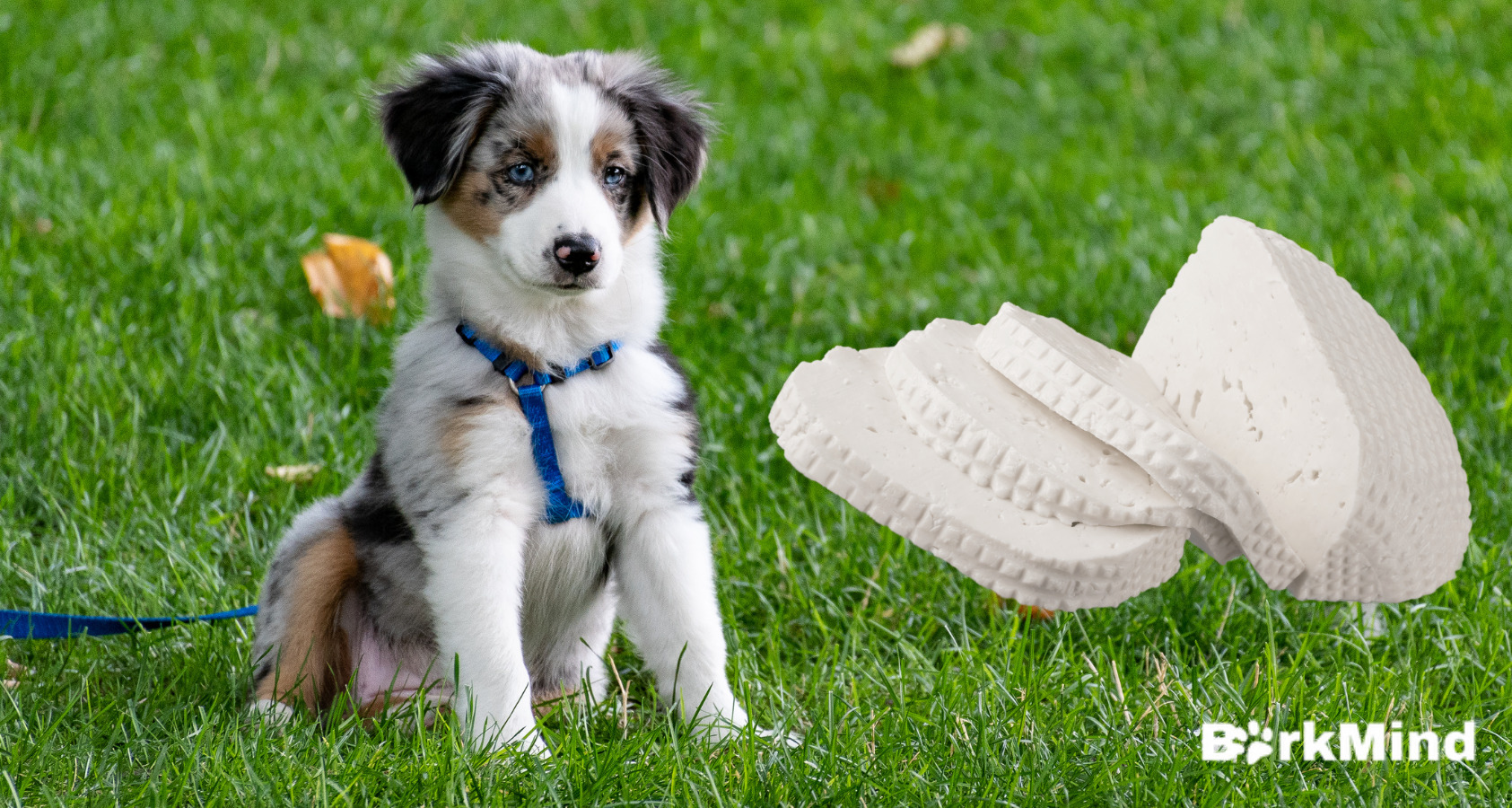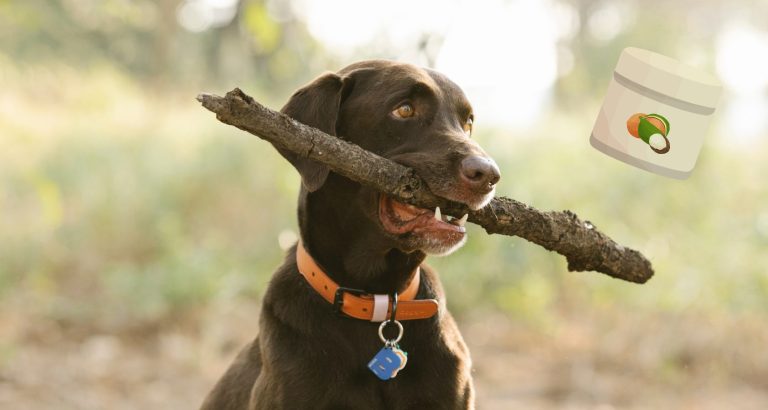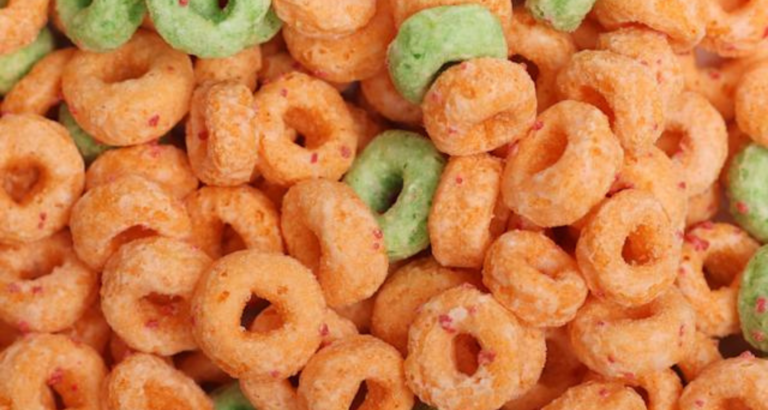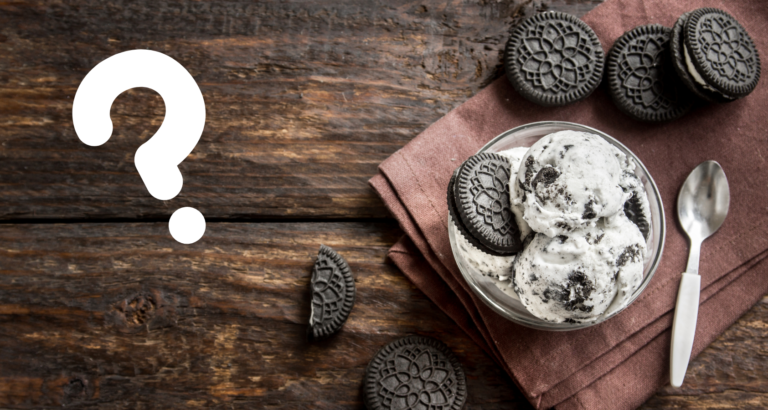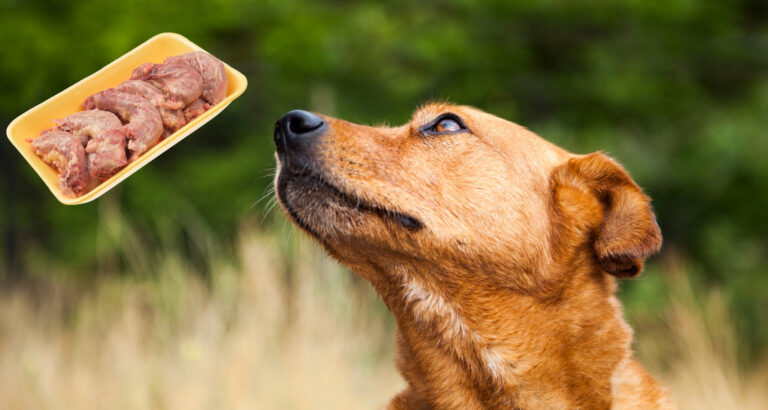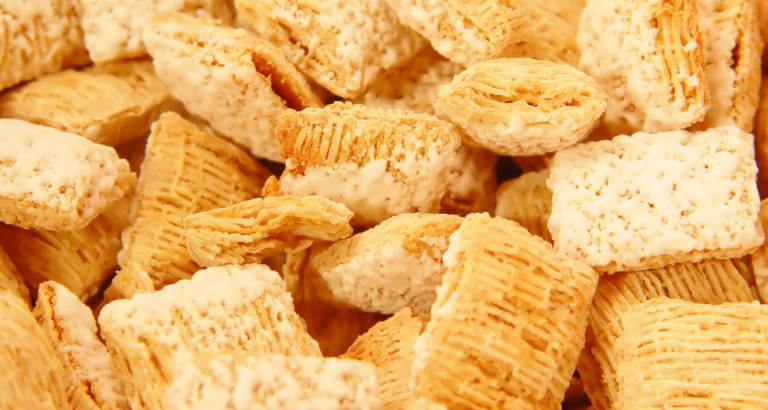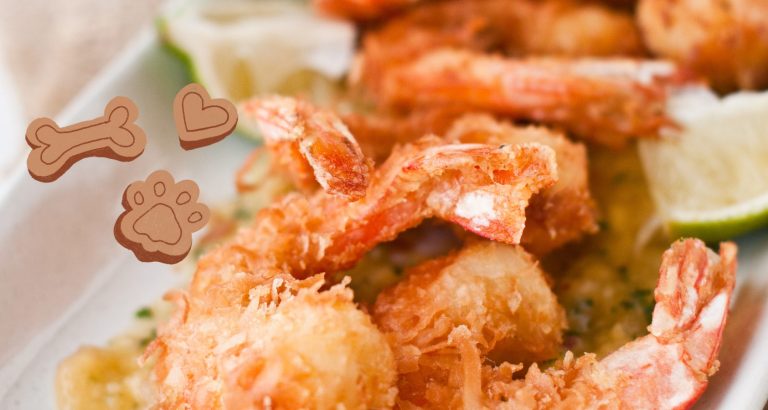Can Dogs Eat Ricotta Cheese? Will Surprise You!
Last updated on March 20th, 2023 at 10:31 pm
Reading Time: 5 minutesThis post may contain affiliate links. If you click and buy we may make a commission, at no additional charge to you.
Can My Dog Eat Ricotta Cheese?
Dogs are like unwanted sous chefs. They don’t actually help in cooking, but they sure do enjoy eating anything that falls off the counter. What if you were making some cheese pasta and your curious dog decided he wanted to have a taste of that ricotta cheese? The first thought that will come to you is, ‘Can dogs eat ricotta cheese?’
Quick Answer
You don’t have to worry too much because ricotta cheese is safe for dogs if taken in small amounts. It actually contains lots of protein and calcium, making it a nice treat for your dog. But, it should stay as a treat. Too much cheese can be bad due to the high-fat content.
Everyone knows that too much of anything is bad. The same can be said for ricotta. If you don’t want to put your dog in harm’s way and keep him healthy, a little bit of ricotta cheese is good. If you’re wondering what risks and benefits ricotta cheese has, keep on reading!
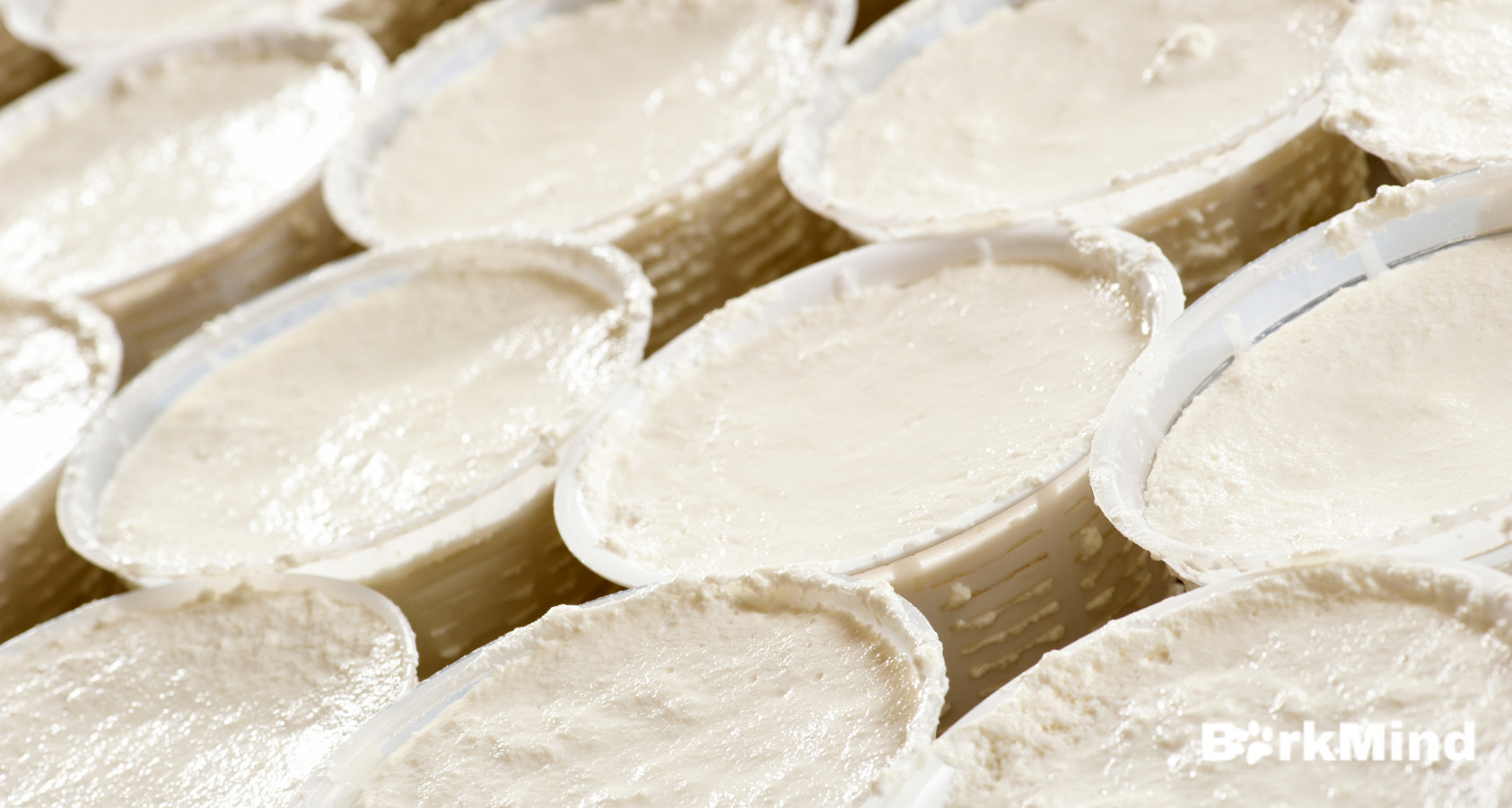
Can Dogs Eat Ricotta Cheese – Good or Bad?
Ricotta cheese has lots of nutrients, making it a really good snack for dogs. It contains proteins, calcium, omega 3, and several other nutrients needed for the growth and development of dogs.
Your dog eating ricotta cheese in moderation can get given nutritional benefits:
- Protein
Proteins are essential for dogs as they allow your dog’s body to function properly. Proteins contain amino acids, which help in getting healthy hair and skin. Besides that, proteins are also a major requirement for developing muscles. Proteins also help improve the immune system, and they are also important for making hormones and antibodies.
- Omega-3
Ricotta cheese is rich in omega-3. It’s another beneficial nutrient for your dog. Omega-3 helps develop the brain, helps with their bones, and prevents arthritis and inflammation. It boosts the heart and kidney health of your dog. It also makes your dog very resistant to cancer.
- Calcium
Your dog needs nutrients and vitamins for healthy growth. Calcium is another important mineral found in ricotta cheese which is highly beneficial to dogs. Calcium is majorly required for the development of bones and teeth. Calcium helps build muscle and is needed for a strong heart and a healthy nervous system.
- Selenium
Selenium is also found in ricotta. It acts as an antioxidant in your dog’s body, clearing out all the impurities. Not only that, it also reduces the chances of your dog’s cancer.
That is why incorporating ricotta cheese into your dog’s diet is a really good idea, as it can provide a substantial amount of minerals needed by dogs to your pet.
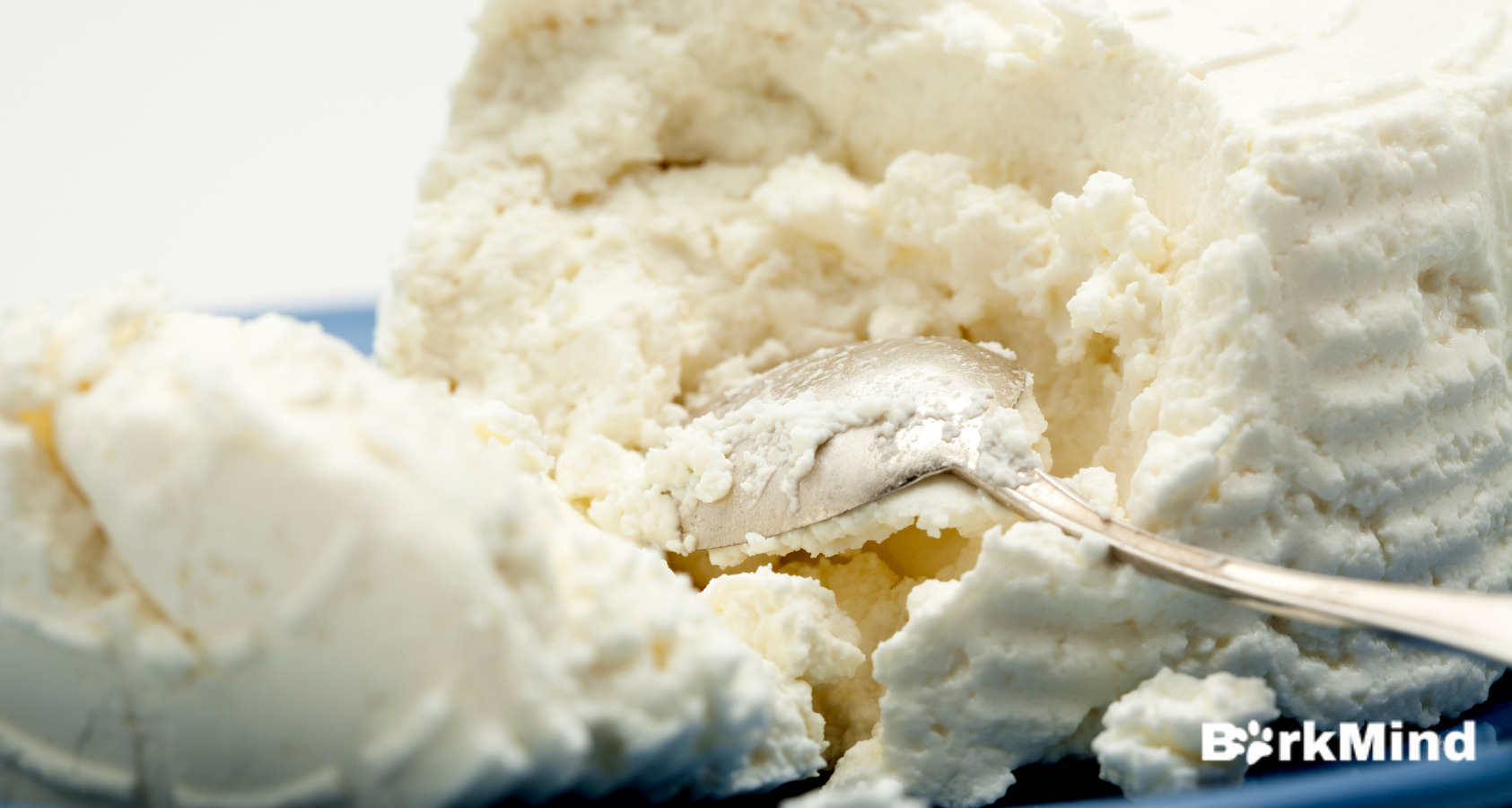
How is Ricotta Cheese Harmful to Dogs?
Ricotta cheese can be given to dogs in small amounts or as a snack, and it’s really healthy. However, if it’s given continuously or in large amounts, that’s not a very good thing. Ricotta cheese has high-fat content, which is why if too much is consumed, it can lead to weight gain and cause obesity in your dog. Obesity is not ideal for a dog as it leads to several other diseases.
It can potentially lead to pancreatitis, a disease that can be fatal in dogs. Also, avoid giving ricotta with herbs to your dog. For example, garlic, chives, and onions are toxic to dogs and can lead to several diseases.
If your dog is lactose intolerant and you are feeding him cheese, you need to stop immediately. As you already know, cheese and other dairy products contain lactose, which is obviously really bad for a lactose intolerant dog. Giving your lactose intolerant dog ricotta can cause adverse reactions and can lead to severe diarrhea. If your dog happens to eat ricotta by mistake, observe your dog, and if there are any signs of an upset stomach, immediately take your dog to the veterinarian.
How to Safely Give Your Dog Ricotta Cheese?
As mentioned above, ricotta cheese can be really good for dogs if given in the right amount. You can mix a spoonful of ricotta with your dog’s daily food as a little nutrient boost. You can also give it to your dog as a treat for being good or after dinner. It’s a healthy addition to your dog’s diet and will benefit him greatly.
If you are planning on incorporating cheese into your dog’s diet, the best option for you would be ricotta. It’s a creamy white cheese that is low in fat compared to feta or goat cheese and has less sodium in it, making it a really good option for a treat.
However, if you’re unable to find ricotta and want to give your dog an alternative, here are some other options you can add to your list:
- Low-fat cheese is what you should go for. Cottage cheese or mozzarella is a good option compared to goat cheese, brie, or feta. Low-fat cheese decreases the chances of obesity, making it very healthy.
- Avoid spicy cheeses as they can give your dog an upset stomach. Cheeses like pepper jack or spicy sriracha cheddar are a big no.
- Start by giving small amounts to make sure your dog is giving a positive reaction to it. If your dog has never had cheese before, start with small amounts and gradually increase it to avoid any sickness or bad reactions.
Ricotta Cheese Healthiness For Dogs
– 60% (though it is not toxic to dogs, some dogs are lactose intolerant so small amounts are best)
Conclusion – Can Dogs Have Ricotta Cheese?
Ricotta cheese or cheese, in general, is not harmful to dogs. It’s really beneficial and has a lot of health benefits for your dog. But, too much of anything is bad. If ricotta cheese is given continuously and in high amounts, it can turn from being good for health to a health hazard. It can cause several diseases if it’s taken more than normal. No one is stopping you from giving your dog ricotta; in fact, you should incorporate it into your dog’s diet. Just make sure it’s the right amount, and you are not giving too much to avoid any complications.
About The Author
I'm a content writer and researcher. But bottom line, I loveee animals. I had my first animal which was a guinea pig at age 8. Later had a bunny, dog and a lot, a lot of fish. Writing about what I know about pets will allow me to share my knowledge and love for them with everyone else. Dealing with dogs my entire life, I know a lot.

